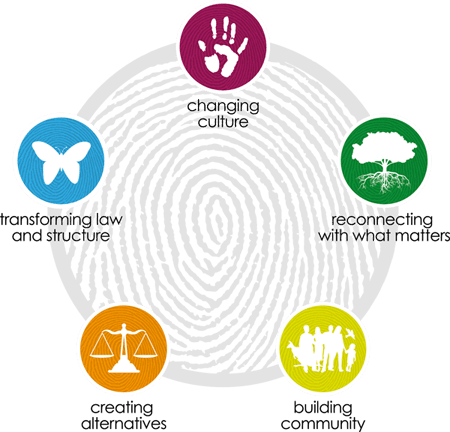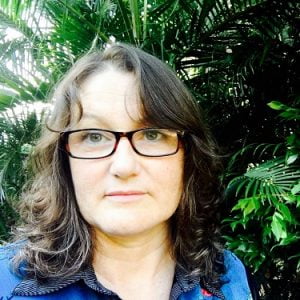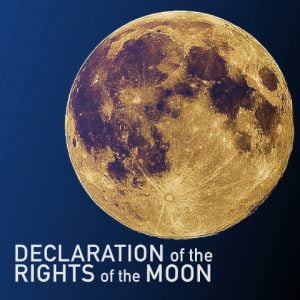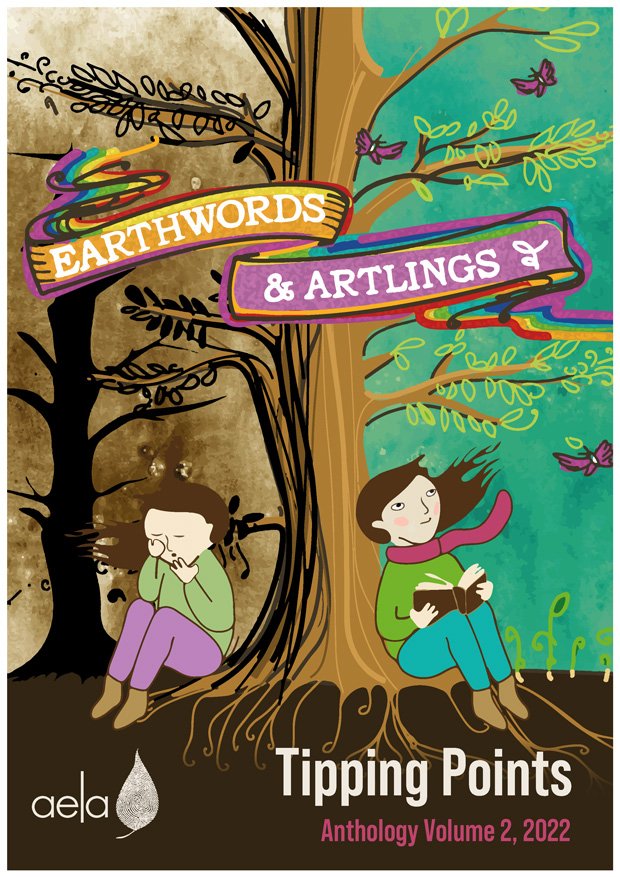Griffith Ecocentre, 170 Kessels Road, Nathan, 4111
- Read the Symposium Program, list of speakers and PowerPoint presentations from the conference
- Program, Speakers, and Presentations
- Video recordings of plenary sessions from the Symposium will be available soon
- See photos from the Symposium here
- Read the full program of lectures, art exhibitions and events in the RONA18 Program
OVERVIEW OF 2018 SYMPOSIUM
On Thursday 25th and Friday 26th October 2018, more than 100 people - including First Nations Peoples, legal academics, legal practitioners, researchers, environmental groups and community activists - came together at the Griffith University EcoCentre in Brisbane, to discuss ancient and emerging ecological laws, the Rights of Nature and Caring for Country.
The program featured speakers from around the world and around Australia, who are engaged in cutting edge research, projects and community initiatives that explore and respect our legal relationship with the living world. International guests included Cormac Cullinan, South African Attorney and author of "Wild Law", Professor Klaus Bosselmann, Auckland University, Katy Gwiazdon from the USA's Centre for Environmental Law and Ethics, Dr Geoff Garver from McGill University in Canada, Mari Margil from the Community Environmental Legal Defense Fund (CELDF) in the USA, Hugo Echeverria from Ecuador and Professor Jacinta Ruru from New Zealand. Australian keynotes included Adjunct Associate Professor Mary Graham, University of Queensland and Kombumerri Peoples, Dr Virginia Marshall from ANU, Dr Michelle Maloney of AELA, Dr Erin O'Donnell from Melbourne University and many other speakers.
AELA hosted the legal symposium as part of its "RONA18" - Rights of Nature Australia 2018 - a biannual celebration of the living world. Please visit our other websites to see our RONA18 Earth Arts Program, and the RONA18 Peoples Tribunal. AELA will be hosting its next Legal Symposium in September 2020, as part of its Rights of Nature Week 2020.
ISSUES EXPLORED AT THE SYMPOSIUM
Climate change, biodiversity loss and the global ecological crisis are forcing many people to rethink the legal, economic and governance structures underpinning contemporary industrial societies. People around the world are exploring innovative ways to use the law to better support the health of the living world.
One area receiving growing attention is the use of western legal constructs, such as legal personhood and rights based approaches, to shift the legal status of nature from being objects, and mere human property, to being recognised as subjects of the law. These legal approaches are seen by many as a way for human-centred western laws to be transformed towards Earth centred law and governance. ‘Rights of Nature’ laws now exist in Ecuador, Bolivia and the USA, and legal personhood laws and cases have emerged in New Zealand, India and Colombia. In Australia and the USA, the creation of ‘environmental water managers’ in domestic law has seen legal rights to water allocated to rivers and wetlands.
The symposium explored whether these ‘rights of nature’ and ‘legal personhood’ laws are able to transform industrial societies and their legal relationship with the living world. In Australia, and around the world, First Nations Peoples have practiced ancient first laws since time immemorial; laws which have enabled them to care for land and sea country and maintain ecological health for millennia. These governance systems have much to teach the emerging efforts to build ecological laws in the 21st Century. Some First Nations Peoples, for example in New Zealand, are using ‘legal personhood’ laws to create a more pluralist legal framework; others remain concerned that these concepts further separate nature from people.
The conference brought people together from around the world, to share their knowledge about how ancient and emerging ecological law and governance systems are working in the 21st century, and to discuss how to strengthen ecological governance in the coming decades.





















